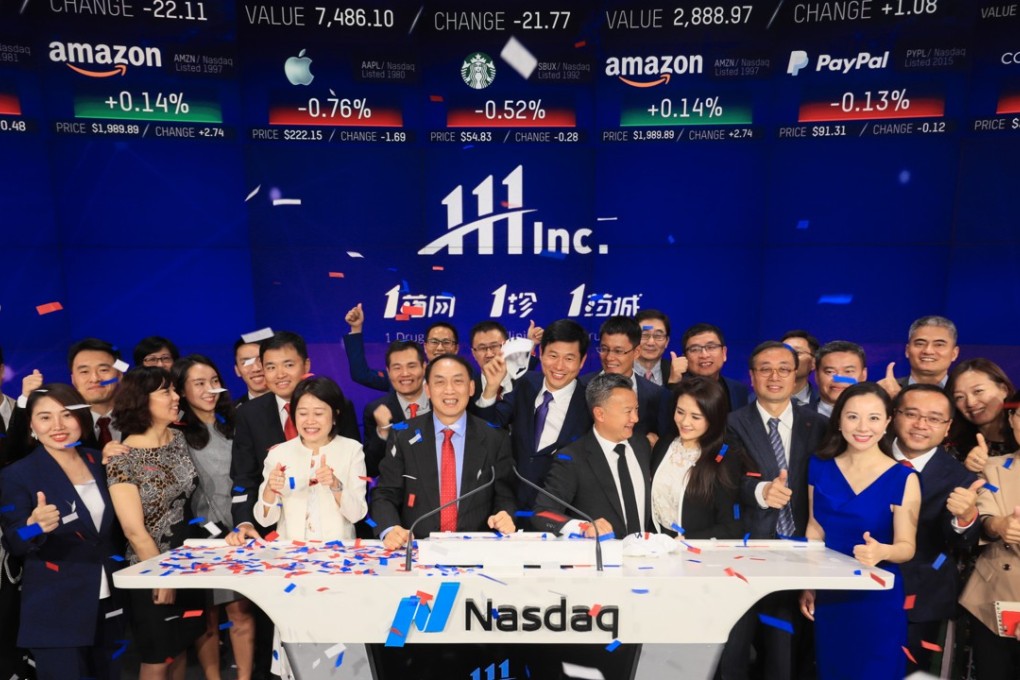How China’s first online grocery business made it easier for sick people to pick up their prescriptions
- Consumers likely to obtain the most value from 111 Inc. are China’s chronically-ill patients, who normally need to pick up repeat prescriptions from hospitals

When Yu Gang co-founded China’s first online grocery start-up Yihaodian in 2008, he had little idea that his initial desire to provide on-demand groceries in China would eventually lead to him helping millions of patients across the country pick up pharmacy prescriptions without having to wait hours at under-staffed hospitals.
“Medicine is just like any other fast-moving consumer good, there is inelastic demand,” Yu said. “We saw that there was an opportunity to help consumers get medication in a more convenient way so we decided [that Yihaodian should] branch out into an online retail pharmacy business.”
Yu, who served as the former chairman of Yihaodian, later spun off the e-commerce pharmacy business in 2012 together with co-founder Liu Junling, and by 2015 the two had left Yihaodian (then already a Walmart subsidiary) to focus on making medication more accessible for patients. Now known as 111 Inc., the Nasdaq-listed firm is currently the world’s largest virtual pharmacy network in terms of the number of stores, according to consultancy Frost & Sullivan.
The Shanghai-based firm operates 1 Drugstore, an online retail pharmacy; 1 Clinic, an online health consultation platform for consumers; and 1 Drugmall, a one-stop shop that provides pharmacies with a wide range of pharmaceutical products.
Consumers likely to obtain the most value from a company like 111 Inc. are China’s chronically-ill patients, according to Yu. An estimated 300 million patients in the country – a number roughly the size of the US population – suffer from severe illnesses, and a majority of these patients have to make regular visits to the hospital to obtain the medication they need, often spending hours in long queues at China’s under-resourced hospitals.